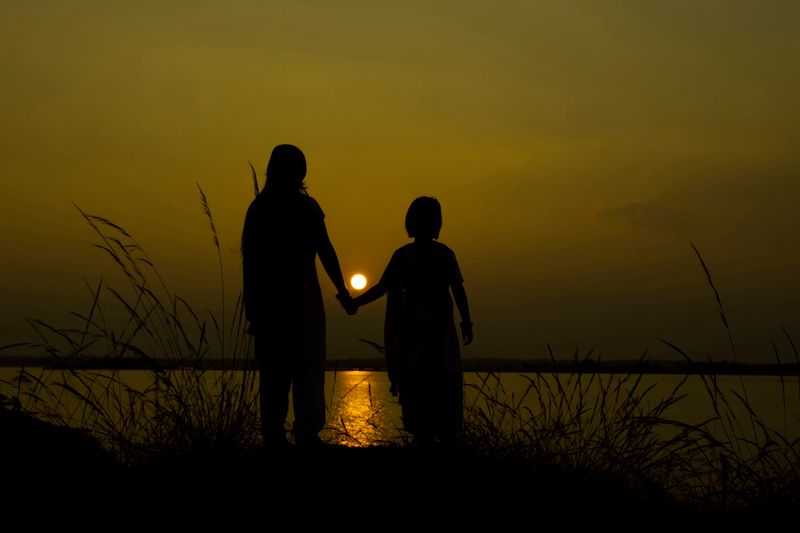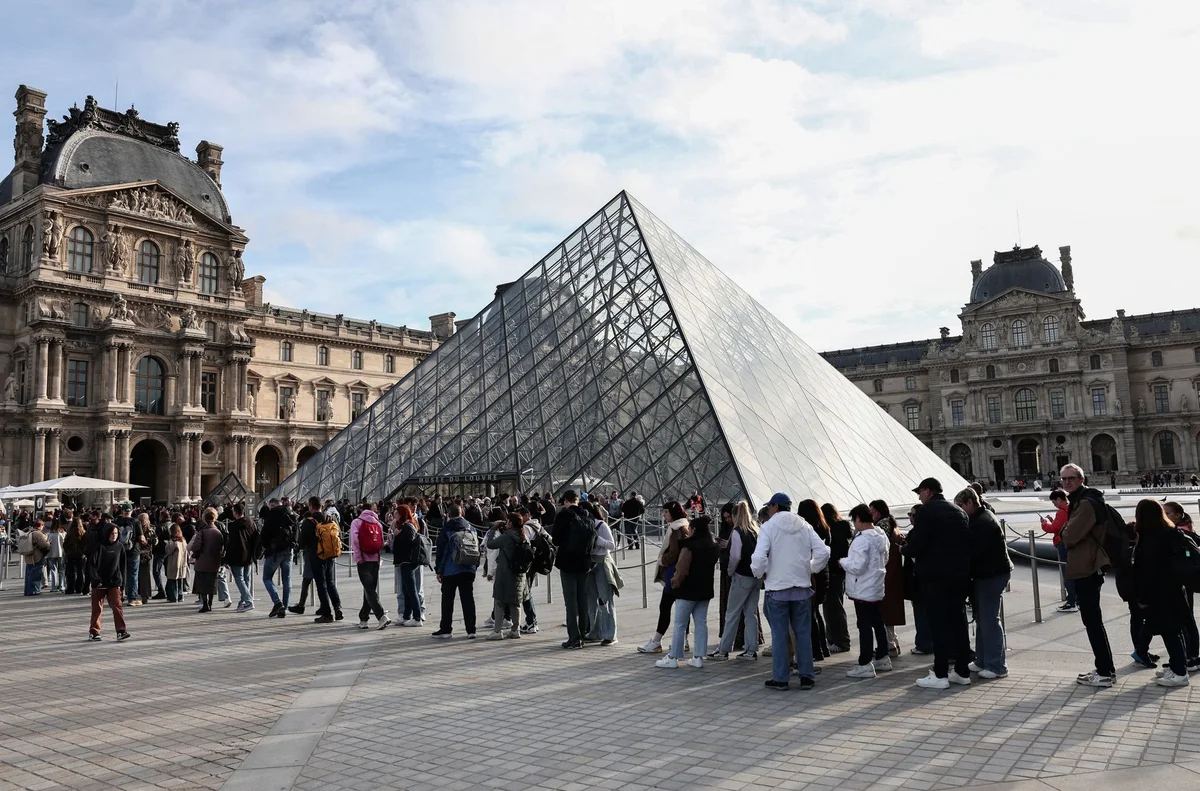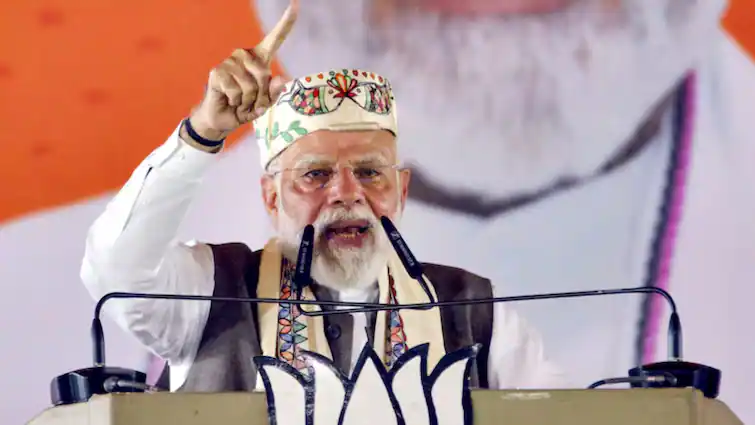Copyright tribuneindia

God could not be everywhere, and therefore he created mothers. It’s a familiar saying, one that resurfaces every year around Mother’s Day. While it sounds like a heart-warming tribute, it carries an inherent danger — the act of turning an ordinary, fallible woman into a quasi-divinity. The mother is perched on a pedestal so impossibly high that she is expected to possess infinite patience, limitless love, and unending responsibility. She must nurture without complaint, give without asking, forgive without reason.It is this mother we encounter in Nissim Ezekiel’s poem ‘Night of the Scorpion’, where after a night of enduring the pain of the insect’s sting, she exclaims, “Thank God the scorpion picked on me/And spared my children.” It is an image sanctified by familiar cultural and everyday tropes. Recall that famous line from the Hindi movie ‘Deewar’: “Mere paas maa hai.” It firmly captures a familiar ideal of motherhood — unconditional love, an unwavering refuge and a steady moral compass.Across regions and traditions, this ideal of the selfless mother takes many forms. There is the mother goddess, venerated across faiths and in prayers, whose protective power shields her devotees from harm. There is the concept of nation embodied as mother and divinity — Abanindranath Tagore’s Bharat Mata depicts an ascetic four-armed woman — and this has since been assiduously and relentlessly built into political narratives. Then, there is Mother Nature personified in rivers, forests, mountains and fertile soil, endlessly giving and sustaining life.Yet mothers are not celestial beings para-dropped into domestic life. They are flesh and blood — women shaped by struggle, desire, disappointment, frailty and ambition. EM Forster, who lived with his mother, wrote that she had “cramped and warped my genius” yet also “provided a sort of rich subsoil where I have been able to rest and grow”. In her memoir ‘Mother Mary Comes to Me’, Arundhati Roy describes her mother as both “my shelter and my storm”, presenting a picture of a woman who was far from angelic and more human — fragile, flawed and full of contradictions. “In my effort to fathom my mother, to see things from her perspective, to accommodate her, to understand what hurt her, what made her do the things she did… I turned into a maze… hoping to gain a vantage point for a perspective other than my own,” writes Roy.The maze can, however, reveal things one would rather not face. Last year, Canadian literary icon Alice Munro — whose fiction illuminated the inner lives of women — was accused by her daughter, Andrea Skinner, of ignoring her suffering. Skinner said she was abused by her stepfather as a child and that her mother chose silence. Skinner wrote that Munro reportedly told her that “our misogynistic culture was to blame if I expected her to sacrifice for her children”. The revelation toppled down not just a reputation but the idea that a mother’s love is always selfless.From the “cult of domesticity” in the 19th century to the “Supermom” and “Soccer Mom” images of the last century, motherhood has been trapped in impossible, exhaustive standards. Zadie Smith recalls that as a child, she demanded complete submission from her mother. “Oh, it’s very nice and rational and respectable to say that a woman has every right to her life, to her ambitions, to her needs, and so on… Only as an adult did I come to truly admire her — especially in the last, painful years of her life — for all that she had done to claw some space in this world for herself,” she writes in ‘Swing Time’.Adrienne Rich described the exhaustion that motherhood demands without any inhibition in ‘Of Woman Born’: “My children cause me the most exquisite suffering. It is the suffering of ambivalence.” She wrote of bitter resentment and blissful gratification living side by side.This ambivalence often runs like a silent undercurrent in relationships. Samuel Beckett wrote of his mother: “I am what her savage loving has made me.” It is an acknowledgement of both the gratitude and grievance that defined their bond. In her autobiography ‘My Story’, writer Kamala Surayya recalls a childhood marked by neglect, describing her mother, the Malayalam poet N Balamani Amma, as “vague and indifferent”. But the image shifts in her poem ‘My Mother at 66’, where she watches age slowly claim her mother’s face, “wan, pale as a late winter’s moon”. Similarly, Balamani Amma, in a poem addressed to her daughter, writes: “Your power to turn worms into butterflies comforts me.”It reminds us that the bond between a mother and child isn’t always static, fixed in devotion or rebellion — it evolves, weathered by years, deepened by the act of seeing each other as flawed, feeling human beings rather than roles ordained by tradition.Perhaps the real tribute to a mother is not to worship her, but to allow her to be a person. Not a goddess. Not an angel. Just a woman — gloriously, unapologetically human.— The writer is a Bengaluru-based contributor



